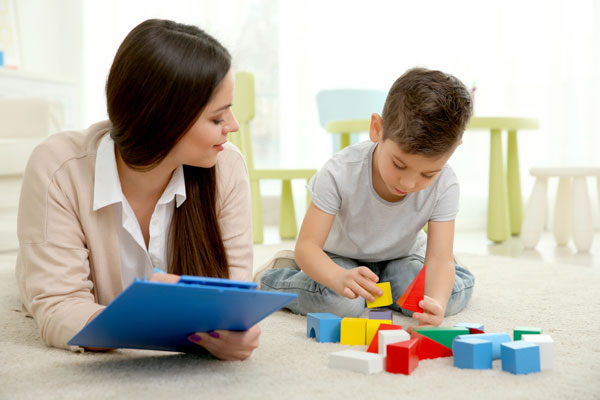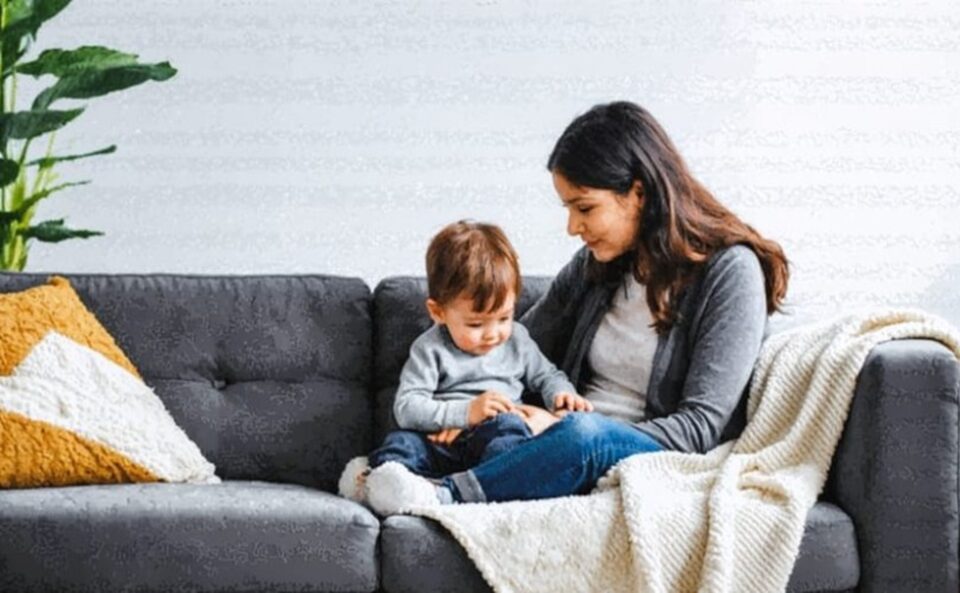Anxiety can feel like a heavy weight, even for children. It’s not always easy for kids to understand their feelings, and it can be difficult for parents to know how to help. This guide will offer simple, practical strategies for managing children’s anxiety.
Recognize the Signs of Anxiety Early
Anxiety in children can show up in different ways. You might notice your child is more worried than usual, has trouble sleeping, or feels restless. Sometimes, they might avoid certain situations because they are scared or nervous.
Recognizing these signs early gives you the chance to help your child before their anxiety becomes overwhelming. Keep an eye on their behaviors, and talk to them about what they’re feeling. Early intervention can make a big difference.
Teach Breathing and Relaxation Techniques

One of the most effective ways to help children manage anxiety is through breathing exercises. Teaching your child to take deep, slow breaths can help calm their nervous system. You can guide them to breathe in for a count of four, hold for four, and breathe out for four.
Regular practice of these techniques helps kids feel more in control of their anxiety. It’s a skill they can use when they feel anxious, whether at home, at school, or in other situations.
Creating a Calm and Supportive Environment
Children need a stable environment to feel secure. Creating a calm, predictable routine helps them understand what to expect each day. This consistency reduces stress and helps your child feel safer and more relaxed.
A supportive environment means being emotionally available. Listen to your child’s concerns without judgment. Validate their feelings by saying things like, “I understand you’re scared,” or “It’s okay to feel anxious sometimes.”
Consider Children’s Anxiety Counselling
Sometimes, children need more than what parents can provide and children’s anxiety counselling can be a helpful resource when anxiety becomes difficult to manage on your own. Professional counselors are trained to help kids navigate their emotions in a safe, constructive way.
A child therapist will work with your child to explore the root causes of their anxiety and teach them coping skills. Therapy provides a supportive, non-judgmental space where children can express their feelings and learn to manage them effectively.
Support from a Mental Health Counselor
A mental health counselor is someone who can help children understand their emotions and work through difficult feelings. They create a safe environment where children can talk openly and receive guidance. Whether it’s general anxiety or other emotional struggles, a counselor can offer specialized support.
Through counseling, children develop tools for managing stress, building resilience, and improving their emotional well-being. A mental health counselor works closely with the child and their family to address and alleviate the sources of anxiety.
Conclusion
Managing anxiety in children takes time and patience. By providing a supportive environment, teaching coping techniques, and seeking professional help when needed, you are helping your child develop lifelong skills to manage their emotions.
Remember that anxiety is a natural part of growing up, and with the right support, children can learn to face their fears and grow stronger.

